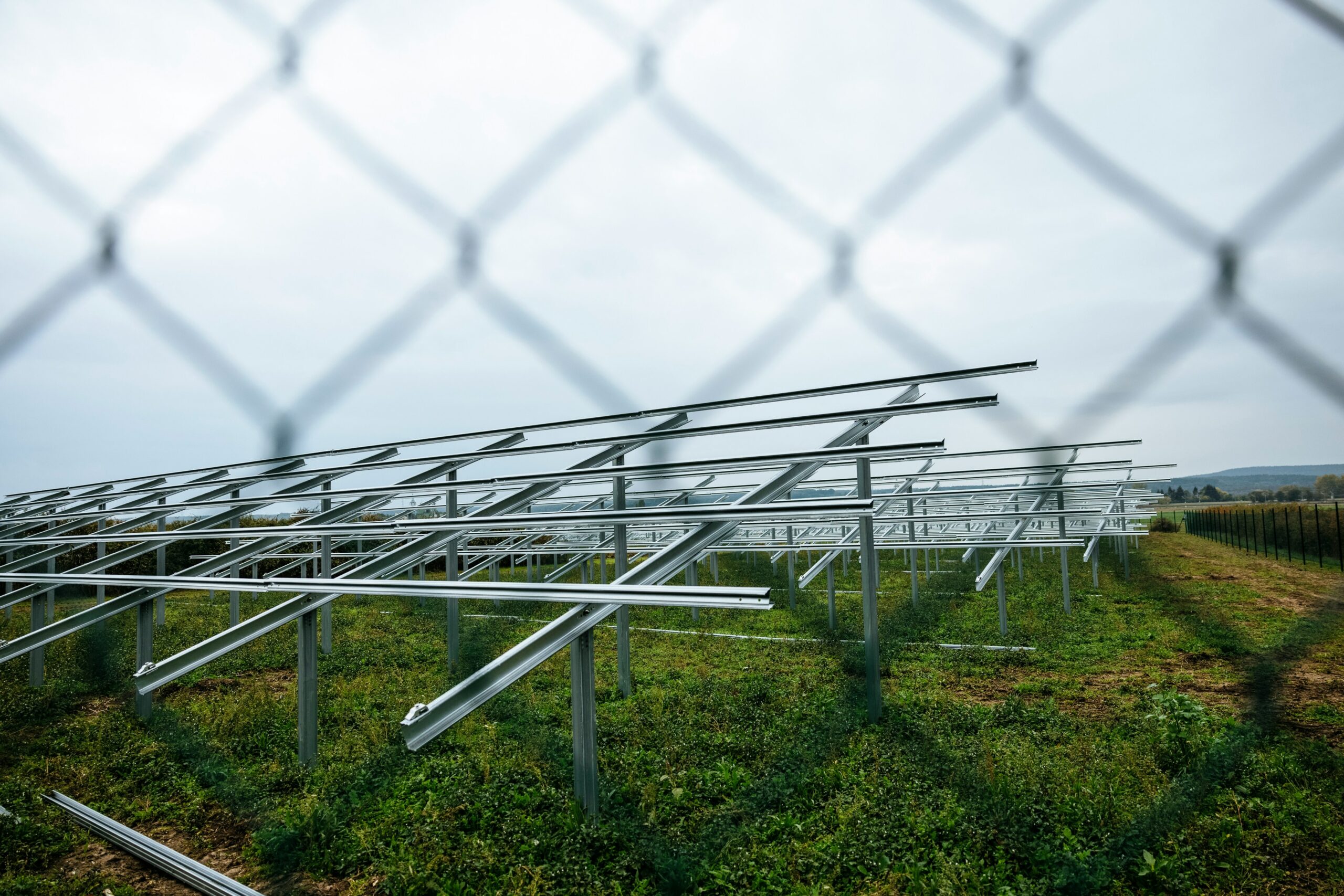- Client: DG Energy (ENER) (European Commission)
- Implementation period: April, 2023 - December, 2024 (Completed)
- Geographic coverage: European Union
Self consumption is a practice that is gaining popularity in Member States and that can contribute to lowering the cost of transitioning to a zero carbon power system. The Renewable Energy Directive establishes the roles and rights of individual and collective self-consumers, while Member States recognise the value of the practice and support it with dedicated schemes.
The project aimed at identifying and assessing legal and practical barriers to effective self-consumption, as well as estimating the self-consumption rates for different sectors in all Member States. The project team carried out a review of the relevant legislative and regulatory Framewokr in all Member States, identifying those provisions that could act as a barrier; the team then performed a review of 10 cases studies, identifying practical barriers and best practices; finally, based on a bespoke methodology, the team estimated self-consumption rates by Member States and by sector (household, commercial and industrial). Besides the result of these tasks, the final report includes:
• a new framework for assessing self-consumption (which distinguishes between actions to support on-site generation from actions to support the maximisation and optimisation of self consumption);
• an overview of energy system costs and benefits associated with self-consumption; and
• a series of recommendations to Member States and other key national actors to ensure the potential benefits of self-consumption are realised.
